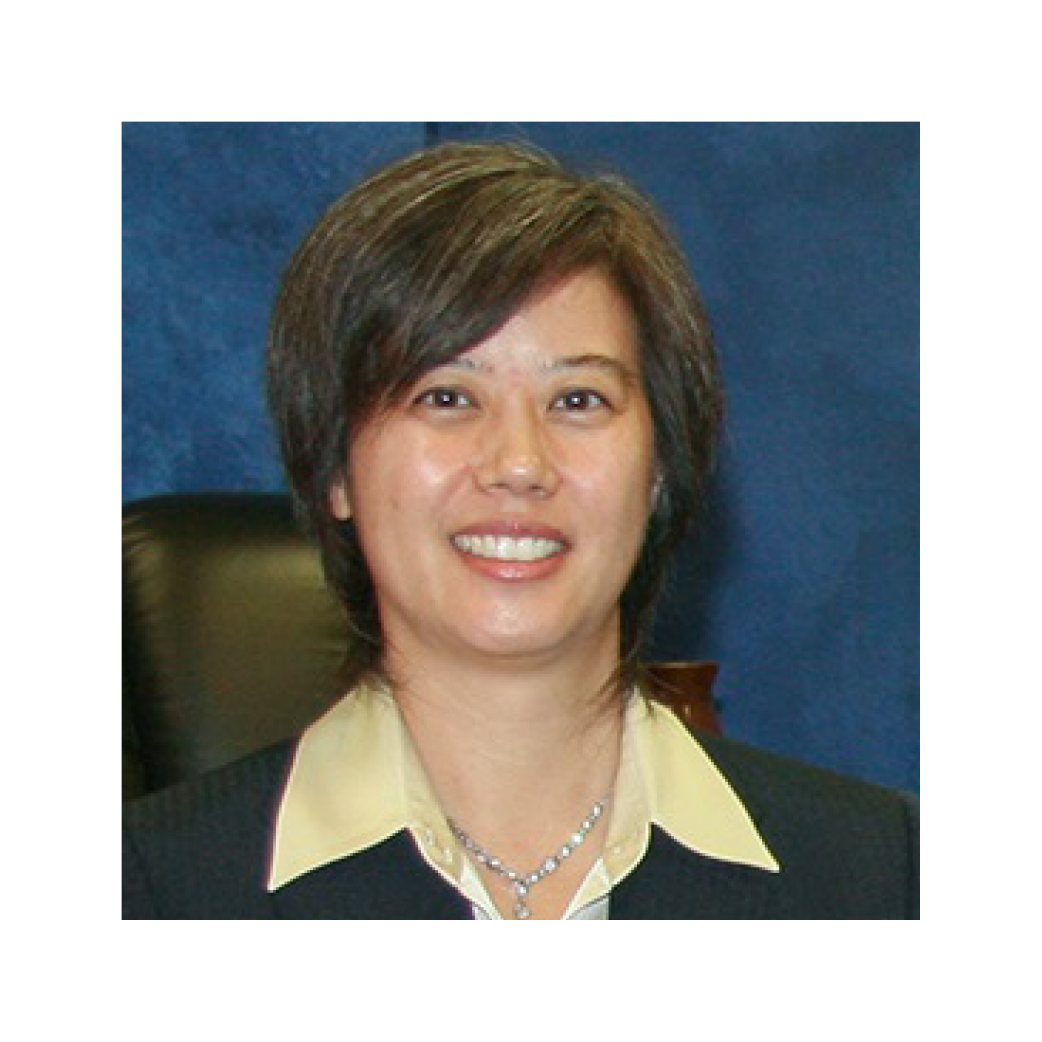Preparing for the Year End Audit
Thursday, August 15, 2024

Last September several Partners at various audit firms throughout California shared tips to help CSMFO members achieve a smooth year-end close for the annual audit process. This year, another one of our commercial partners, whose experience include roles as a Finance and Administrative Services Director, offers a helpful summary and checklist for your reference.
The new fiscal year has begun for most agencies, unless you are one of the few agencies in California who has a September 30th year end. For most agencies, July 1st is the beginning of the new fiscal year, and these tasks would apply to any public agency, regardless of their fiscal year end. The first audit to be completed by the independent auditor is the “interim audit.” This consists of an audit of internal controls such as a review of your agency’s policies and procedures along with preliminary sample testing. Subsequent to the interim audit is the “final audit,” or year end. To prepare for the final audit, which normally occurs around October-November, you will need to do several tasks, including but not limited to the following: - Obtain PBC (Prepared by Client) list from the independent auditor.
- Meet with finance department staff to distribute PBC items with deadlines. This could include AP technicians, payroll technician, accountant, senior accountant, utility billing supervisor (if applicable), accounting manager and assistant finance director. However, assign the review of all PBC schedules to the accounting manager or above. The same person should also be the liaison with the auditor
- Clear any findings or recommendations from the “interim audit.”
- Perform any physical inventory count for stores inventory, vehicle and equipment at or around June 30th.
- Prepare aging lists for Utility Billing accounts (30, 60, 90, 120 days, etc), if applicable.
- Verify beginning fund balances for all funds tie to the previous year audited financial statements. If they do not tie, you may need to roll forward your previous fiscal year ending balances in your accounting system.
- Verify beginning asset and liability accounts tie to the previous year audited financial statements when preparing PBC schedules.
- Complete all bank reconciliations for all cash accounts through June 30th.
- Verify all budget amounts are entered in the accounting system or ERP system for the fiscal year being audited (should have been done in the new fiscal year prior).
- Obtain reports from outside consultants such as OPEB actuarial report and PERS report.
- Perform GASB 87 lease accounting and GASB 96 subscription-based information technology journal entries.
- Send an Accounts Payable email to the departments reminding them of the 60-day accrual period to obtain invoices for goods received and services rendered by June 30th.
- Prepare purchase orders or change orders for any encumbered funds (adopted previously by council action) for the purpose of paying for services rendered or goods received prior to June 30th.
- Determine if encumbered funds (adopted previously by council action) for multi-year projects are valid and necessary and prepare purchase order or change order as such for the new fiscal year. This is not for audit preparation.
- Determine an appropriate cutoff date for purchases before June 30th to avoid timing issue of when the goods are to arrive vs. the fiscal year the goods were budgeted.
- Organize and prepare all grant paperwork for local, state, or federal grants. If federal monies of $750K are spent in a single fiscal year, then a “single audit” is required.
- Gather all the necessary information for the statistical section of the ACFR (Annual Comprehensive Financial Report) including ordering the ACFR package from the outside vendor.
The final audit fieldwork is typically completed by the auditors in 1-2 weeks, with the single audit sometimes being completed by the auditors in December or January. After reviewing the draft financial statements and notes and comparing it to the financial system for any unposted audit entries, the Annual Comprehensive Financial Report (ACFR) will be ready to be issued by the auditors. Upon completion of the ACFR, your agency can apply for the Government Finance Officers’ Association (GFOA) Certificate of Achievement of Excellence in Financial Reporting. This is a nationally recognized award for municipalities who adhere to a high level of generally accepted accounting principles and standards for completing ACFR. Lastly, the results of the audit can be presented to the governing body. The Finance Director or auditor should present an overview of the audit process, a high-level view of the General Fund’s fund balance, the auditor’s management letter comments, and other worthwhile items. The staff report or agenda report to the governing body only needs to be a “receive and file” action and does not require a vote of approval, but the action of presenting it allows for the ACFR to become part of the public record and available for your community to review.
Misty V. Cheng is the President & CEO of MV Cheng & Associates, a consulting firm specializing in municipal finance, human resources, and information technology staffing. The company provides consultants at all levels and specializes in year end close and audit preparation. Prior to starting the company, Misty was a finance and administrative services director for several Southern California cities. She holds a Bachelor of Science degree in Accounting from Saint Mary’s College of California and a Master’s degree in Public Administration from Cal State Northridge. She spends her free time remodeling homes and taking care of many animals.
|
|